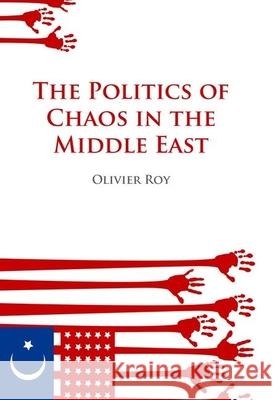Politics of Chaos in the Middle East » książka
Politics of Chaos in the Middle East
ISBN-13: 9780199326501 / Angielski / Miękka / 2009 / 160 str.
Olivier Roy argues that the unintended and unforeseen consequences of the "war on terror" have artificially conflated conflicts in the Middle East such that they appear to be the expression of a widespread "Muslim anger" against the West. In this new book he seeks to restore the individual logic and dynamics of each of these conflicts, the better to understand the widespread political discontent that sustains them. Instead of two opposed sides, an "us" and a "them," he warns that the West faces an array of "reverse alliances": in Pakistan the West backs General Musharraf, whose military intelligence services support the Taliban; in Iraq the United States shores up a government that has close links to its arch-enemy, Iran; the Iraqi Kurds, allies of the Americans, give sanctuary to an adversary (the PKK) of a fellow NATO member, Turkey; while the Saudis support the Iraqi Sunnis who are fighting Coalition forces. If these issues were not enough to contend with, the Shia-Sunni divide has emerged as one of the leading strategic factors in the Middle East. But the "war on terror" is not merely the geopolitical blunder of a lunatic neo-conservative fringe in Washington; it is also deeply rooted in Western perceptions of the Middle East. Chief among these is the belief that Islam, rather than politics, is the overarching factor in all such conflicts, which in turn explains the West's support for either would be secular democrats or more or less benign dictators. Roy concludes by arguing that the West has no alternative but to engage in a dialogue with the political forces that count, namely the Islamo-nationalists of Hamas and the Muslim Brotherhood.











